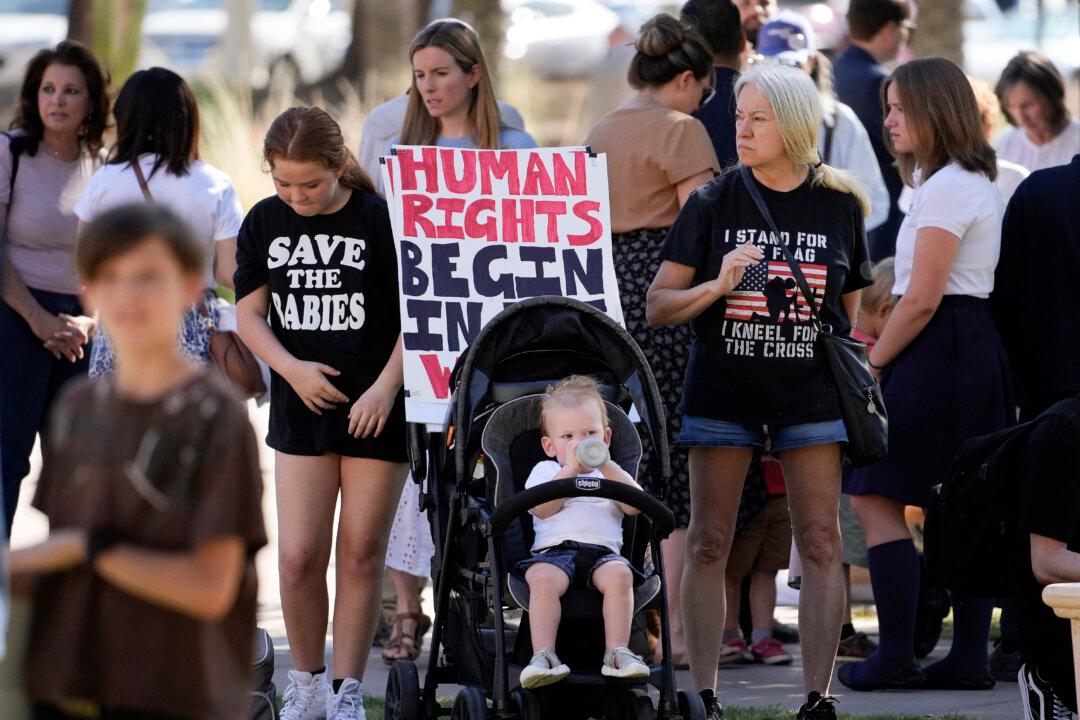The Arizona Supreme Court has rejected a request by Planned Parenthood to accelerate the repeal of a near-total abortion ban while granting the state attorney general’s request to pause enforcement of the ban for an additional 90 days so she can decide on further legal action.
In a May 13 order, the Arizona Supreme Court rejected Planned Parenthood’s request for the high court to immediately halt its April 10 judgment that affirmed Arizona’s 160-year-old pro-life law, which made it a crime to provide an abortion unless the mother’s life is in danger.





